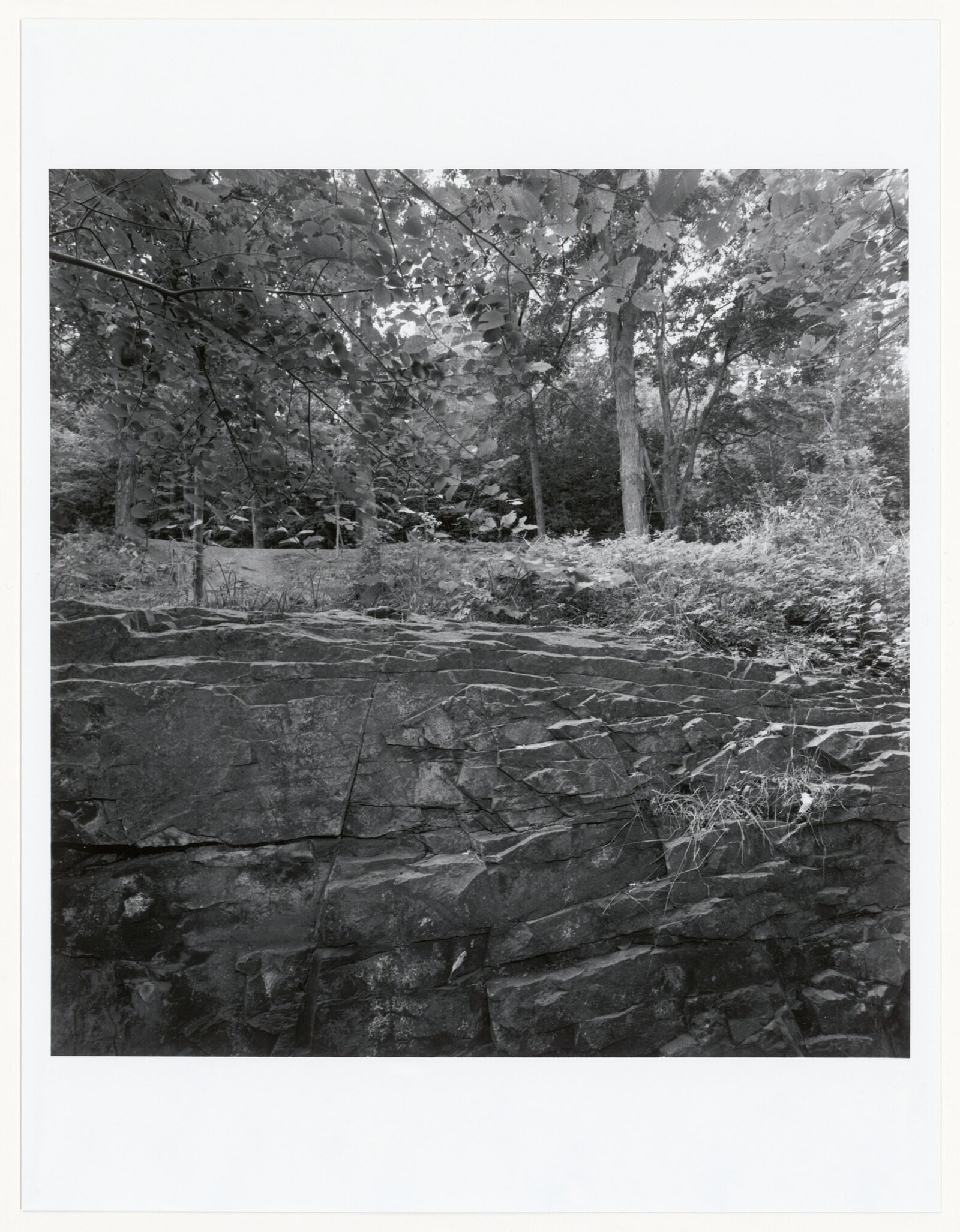CCA-Mellon Multidisciplinary Research Program: In the Hurricane, On the Land
1920 rue Baile
Montréal Québec H3H 2S6
Canada
How can the design disciplines and their allied practices become more attuned to land?
We are announcing the nine selected researchers who are embarking on an eighteen-month collective research project, In the Hurricane, On the Land, with funding from the Mellon Foundation and convened by the CCA, to chart land dependent-design as a mode of collective action that can address the current material manifestations of the climate crisis; Indigenous land revitalization; and adjacent concerns related to crafting methods to document and engage with land-driven sites, histories, and communities. Through these lines of research and questioning, the nine participants of this sixth CCA-Mellon Multidisciplinary Research Project will probe and redraw the social and professional boundaries of architecture and landscape architecture to advance a shared method for navigating the aftermaths of un/natural disasters.
For the event Propositions: Designing through Land on May 31 at the Milieux Institute (Concordia University, Montreal), the Mellon researchers will each offer a short proposition that addresses questions of moving through, living with, and experiencing land to deepen design practices. The series of propositions will build a portrait of the scope, concerns, lands, and peoples the project will engage with over the coming months.
We invite you to listen to the voice notes of the selected Mellon Researchers:
Sam Carter-Shamai will engage with his family’s historic connection to the lands on Carter’s Creek (Chesapeake Bay/Tidewater Virginia) to explore diasporic identity, intergenerational resilience, and the stewardship of embodied culture though community institutions, particularly in coastal regions vulnerable to the effects of climate change. Voice note from Sam Carter-Shamai
Jingru (Cyan) Cheng and Chen Zhan are developing a framework of field-based practice that empirically confronts the interconnectedness embedded in the built environment via supply chains and ecosystems. They do so by carrying out their own fieldwork in the Mekong River Basin while engaging in conversations with a diverse range of field-based practitioners. Voice note from Jingru (Cyan) Cheng and Chen Zhan
Tania Gutiérrez-Monroy proposes a spatial reading of the networks of Indigenous resistance created by the Congreso Nacional Indígena (Mexico). The project will focus on the forms of protest through which Indigenous activists engage the key understanding of humans as being “one with the land.” Voice note from Tania Gutiérrez-Monroy
Martyna Miller proposes a project of collective care around the post-hurricane land and landscape of Bory Tucholskie, Poland. It is based on monitoring in parallel the changes in the landscape and on community work creating a platform to express feelings of loss, entanglements with the forest as it was before the catastrophe, now, and in the possible future. Voice note from Martyna Miller
Neady Oduor’s research focuses on land dispossession that removes the marginalized from Indigenous, ancestral, and acquired land. Through documentary as a research, advocacy, and fundraising tool, Oduor is working on creating a living archival practice that documents the stories of 40 women in Kariobangi (Nairobi, Kenya) who were evicted and displaced from their land during the COVID-19 pandemic. Voice note from Neady Oduor
Erin Putalik’s project is situated within the broader context of the U.S. mid-Atlantic coast, but it is specifically grounded within the Eastern Shore of Virginia, in Accomack County, on the southern shore of the Pocomoke Sound and north end of Beasley Bay. Putalik will investigate the relationships between historical farming infrastructure and contemporary land-based practices on the Eastern Shore. Voice note from Erin Putalik
Tiffany Shaw proposes to regenerate land practices, facilitate storytelling and memory recollection, and build connections back to the land that her family was transitioned away from within her lifetime. This project surfaces the politics of Indigenous title and ecological change within a resource heavy region. Shaw will travel to Fort McMurray (Alberta, Canada) to search for her families’ traplines that they no longer hold rights to. Voice note from Tiffany Shaw (with Jasper and Aurora Collinge)
Masamichi Tamura will combine landscape ecology and architectural survey to examine water as a protagonist of urban material continuity and explore its alternative representations through fieldwork in Yukigaya-Ishikawadai strip in Tokyo, a generic residential area across an urbanized river valley. Voice note from Masamichi Tamura
Brennan McCracken (Concordia, Graduate Program in English), Priscilla Jolly (Concordia, Graduate Program in English), and Sarah Yems (Concordia, Graduate Program in Social and Cultural Analysis) will share brief, questioning responses to the propositions during the event.
For more about the CCA’s research programs, and to stay in touch, subscribe here.



